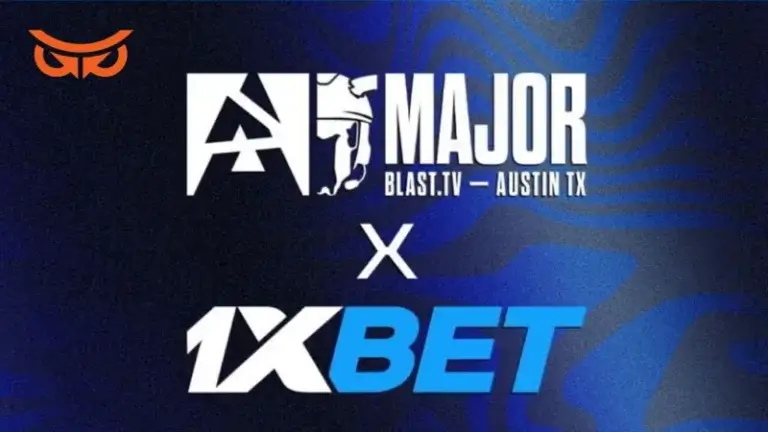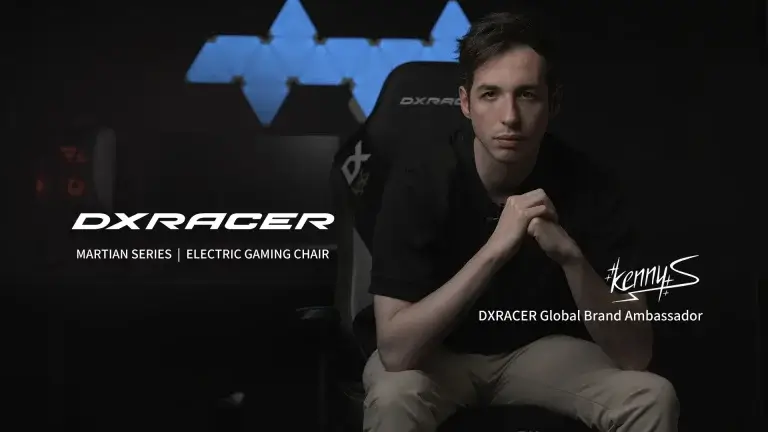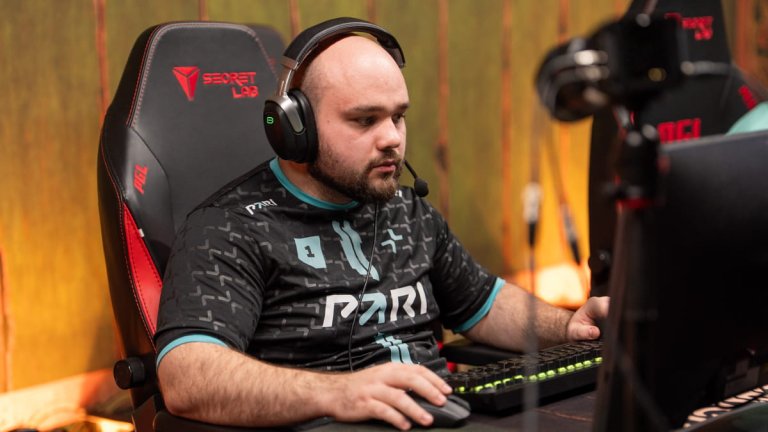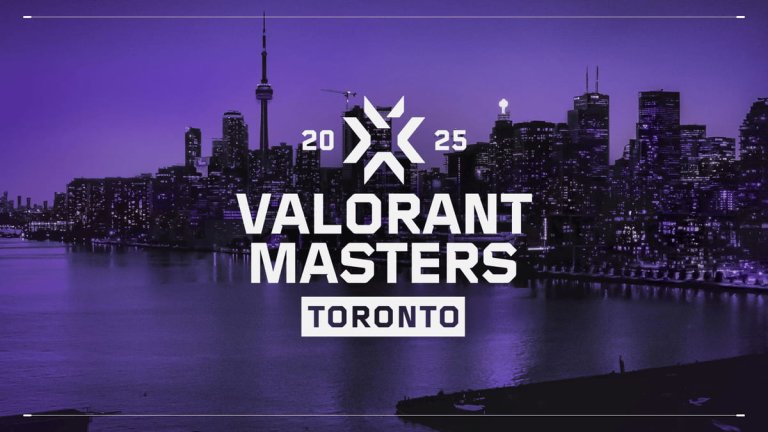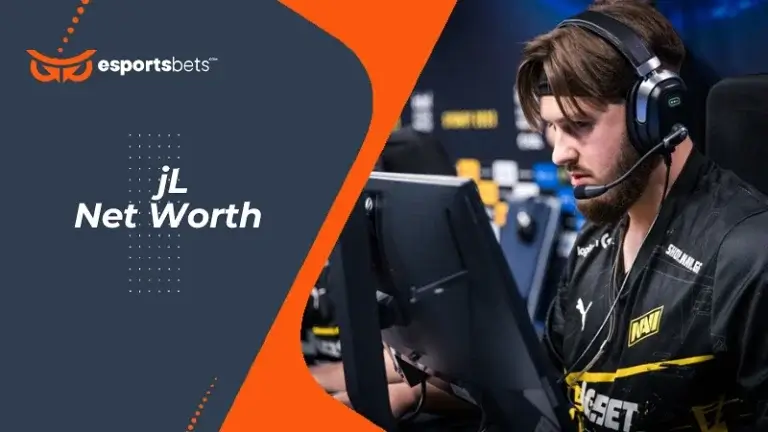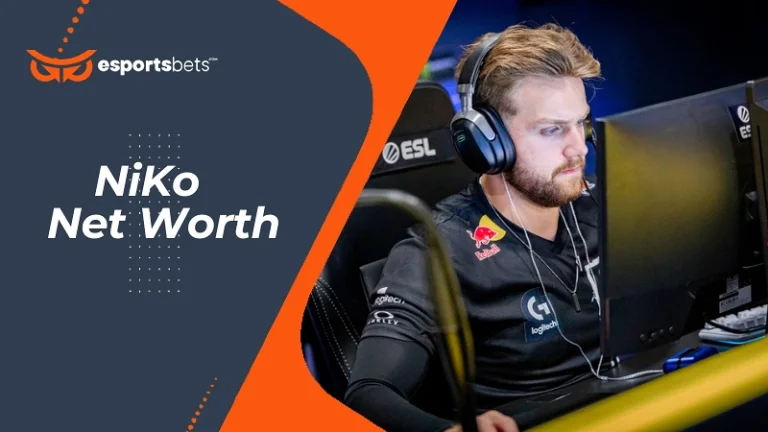How do esports teams make money?
It’s an interesting question, how do esports teams make their money? For people on the outside of the industry or people who aren’t fans, they may look at a bunch of 20 somethings playing video games and think that there is no way that they could be making money.
That could not be further from the truth. In fact, there are plenty of ways for esports teams to make money. If you want to learn how esports teams make money keep on reading and check out all the interesting avenues that organisations use to make revenue.
Advertising and sponsorships
Much like traditional sports teams, most of the biggest esports organizations make the majority of their money from brand deals with major companies. Teams like Team Liquid or Guild Esports partner with food and drink companies like Red Bull or Monster, tech companies like Acer or Razer, and other big corporations like BMW or Subway.
These partnerships provide the esports organisations with millions of dollars in funding and allow them to grow their brand and expand their teams. However, many people believe that we are in an esports advertising bubble that may be on the verge of popping. How esports teams make money may need to change.
Merchandising

Luckily, there are plenty of other ways for esports organisations to make some easy cash. Like traditional sports, merchandise is another major way to fuel the esports ecosystem. Some organisations, like the aforementioned Team Liquid and Guild Esports could almost be described as clothing stores that play video games on the side.
They release new lines of clothes, new designs, and new collaborations almost every month in an attempt to bring in cash. However, this money-making venture is only viable for large organisations, smaller teams cannot afford to produce merch at the level needed to be profitable.
Media Rights
If you are a popular team playing a popular esports game, you could be approached by a major streaming service or broadcaster willing to pay a lot of money in order to be the exclusive streaming partner.
By handing the streaming rights to an exclusive partner is a great way for esports organisations to make some money. Most of the time this happens on an event-by-event basis but some teams are able to work up exclusive deals on their own.
The issue with this avenue is the viewership. If a team has been broadcasting on Twitch for a long time and switch to Facebook Gaming, not all of their audience will follow suit. It is a gamble; you could make a lot of money in one lump sum and lose half your audience.
Ticket sales and offline attendance

This is not how esports teams make money right now because of the pandemic but it was certainly a big earner pre-2020. Again, esports follows the same well-trodden path of the traditional sports world. Unfortunately, most teams do not have the resources or the local fanbase to build their own personal stadiums or event spaces. Instead, they have to rely on the outside tournament organisers to provide the events. This means that the revenue generated by the events has to be shared by the teams and the organisers. There is not much money to be made in ticket sales in the current system. However, teams that have partnered with traditional sports teams like PSG Esports could make use of their local stadiums to host their own events.
Tournament Winnings
There is a reason that this is at the bottom of the list. Winnings are not a consistent form of revenue and only the best teams out there are guaranteed a significant amount of the prize pool. If you are a small team looking to make your way in the world of esports, you cannot rely on tournament winnings to support yourself.
Related: Key esports sponsorships & partnerships you should know about
